Covid-19: adjusting to the new normal
We report on how the fertilizer industry and individual companies are working to mitigate the impacts of the Covid-19 pandemic.
We report on how the fertilizer industry and individual companies are working to mitigate the impacts of the Covid-19 pandemic.
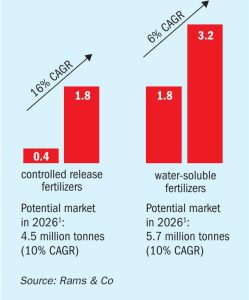
As the rising star in the fast-growing speciality plant nutrients market, smart fertilizer producers are expanding their water-soluble product portfolios. Sana Boulabiar and Matias Navarro , Veolia Water Technologies North America, explain the attraction.

The fertilizer industry’s ‘essential’ status is no barrier to bearish pricing, according to Andy Hemphill, senior markets editor for potash at ICIS Fertilizers.

Market Insight courtesy of Argus Media
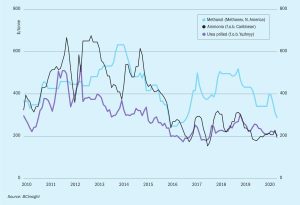
Prices remain at low levels, in part because of oversupply due to new plant start-ups. However, there has also been a contraction in demand, especially for technical ammonia – industrial markets for ammonia in China and East Asia have been badly affected.
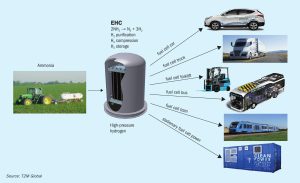
As the world focuses on clean fuels for the 21st century, there is an emerging opportunity to use ammonia as a source of hydrogen. Hydrogen fuel cells are expected to play a significant role as part of a clean energy portfolio. T2M Global and its development partner, SAFCell, are collaborating to develop a modular system to produce hydrogen from ammonia using a novel solid state separation system that does not require pressure or solvents. P. Patel of T2M Global, C. Chisholm of SAFCell and V. Pattabathula of Incitec Pivot explain the challenges, the opportunities and the current status of this new technology.
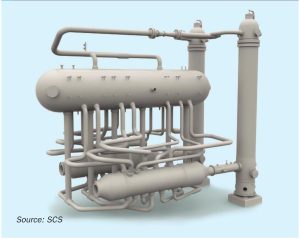
Dr M. Olbricht and Dr J. Weidenfeller of Schmidtsche Schack | ARVOS (SCS) discuss the impact of the heat recovery equipment arrangement in an ammonia plant downstream of the secondary reformer on reliable boiler operation. A detailed investigation was performed by SCS in response to an operator experiencing difficulties in maintaining water quality in this critical equipment. Water quality has a crucial impact on the lifetime and reliability of the equipment.

There is an urgent need to limit the rise in global temperatures to avoid severe environmental and societal impact. This can be expressed as a target to achieve net zero carbon emissions by 2050. The provision of decarbonised hydrogen at scale is an essential step in helping to achieve net zero. Johnson Matthey’s Low Carbon Hydrogen (LCH) technology permits the needs of scale and urgency to be met. J. Pach of Johnson Matthey presents a serious response to a serious threat.
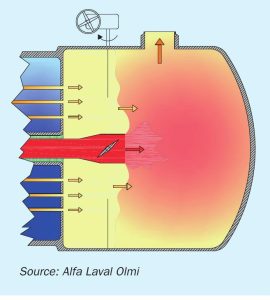
Process gas boilers with an internal bypass system are an important type of shell-and-tube heat exchanger installed in steam methane reforming units. For decades, two traditional designs have dominated the market: the “hot” and “cold” bypass process gas boiler. Today, a third option based on a new design concept is available: the “bayonet” bypass process gas boiler, with process and mechanical features that can provide superior performance, lower opex and improved reliability. G. Manenti of Alfa Laval Olmi SpA discusses the design and operating principles of the different designs.

IFA has announced the appointment of its Senior Director of Agriculture, Patrick Heffer , as the organisation’s Interim Director General as of May 1st. A formal search process for the next Director General has already been launched. Previous IFA Director General Charlotte Hebebrand stepped down at the end of April to assume a new role as Executive Vice-President and Chief Sustainability Officer at Nutrien, and says that she looks forward to continuing engagement with IFA.